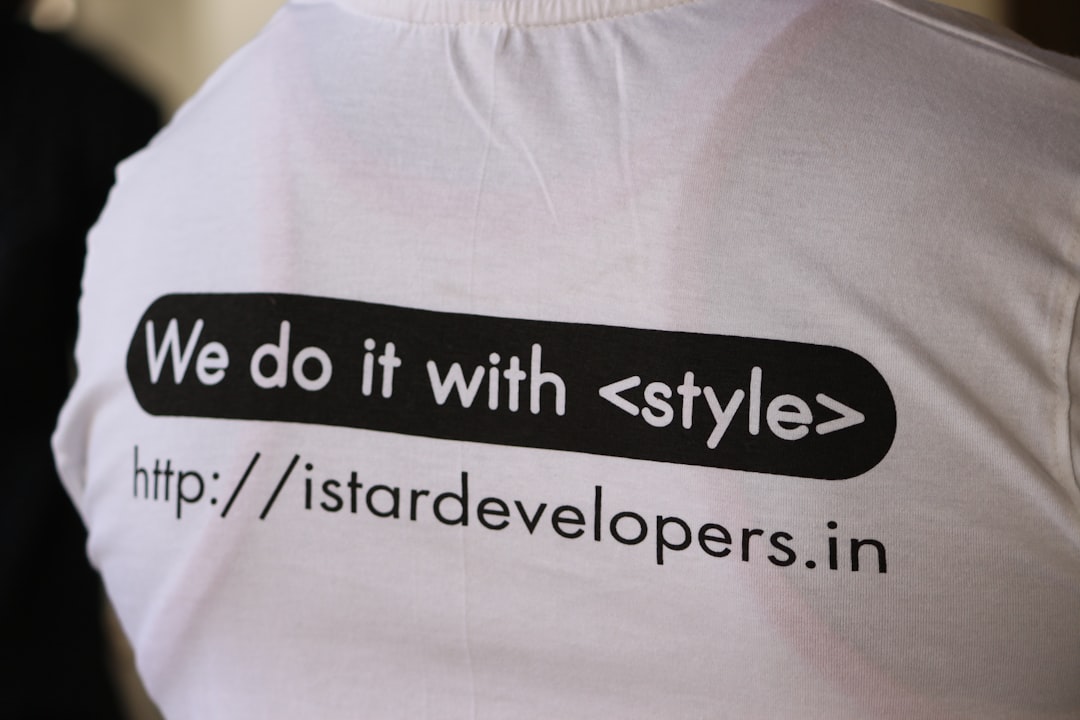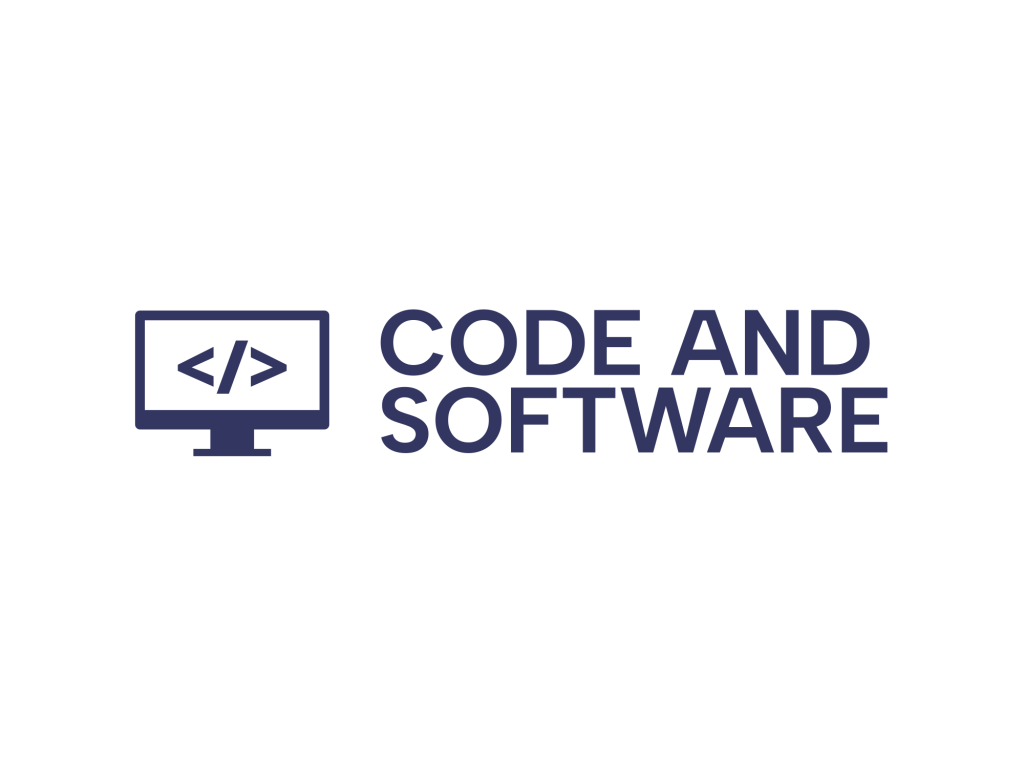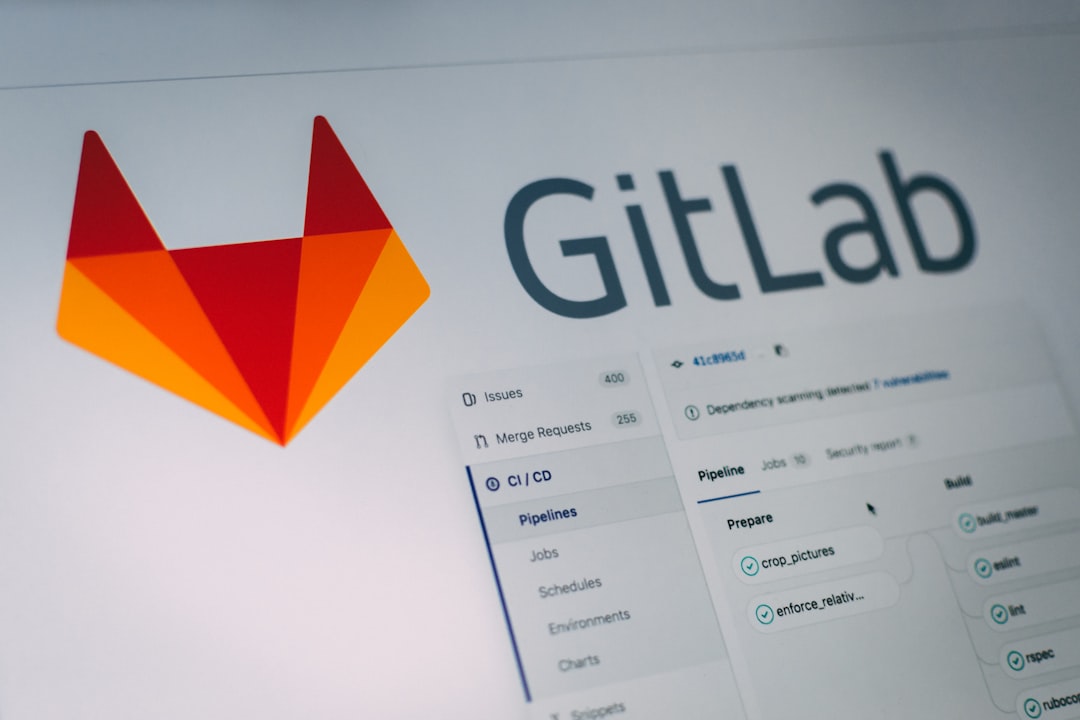In recent years, the software development landscape has been significantly transformed by the emergence of Artificial Intelligence (AI) code assistants. Tools such as GitHub Copilot, Amazon CodeWhisperer, and Tabnine have rapidly gained popularity among developers by offering intelligent, context-aware code suggestions and even generating full code blocks based on natural language prompts. While these developments are undeniably groundbreaking, they also raise an important question: Are developers at risk of becoming obsolete?

AI code assistants are designed to enhance productivity by automating repetitive coding tasks, identifying bugs early, and accelerating the prototyping process. Their capabilities extend far beyond simple auto-complete features, leveraging advanced machine learning models trained on vast datasets of code written in multiple programming languages. This has led to scenarios where developers can write complex algorithms with only a partial understanding of the underlying code—a phenomenon that, while efficient, brings its own set of challenges.
The Benefits of AI Code Assistants
The appeal of these tools lies in their potential to:
- Increase productivity: Developers can write and debug code more quickly, often completing tasks in a fraction of the time it would take manually.
- Reduce errors: AI models can anticipate bugs and highlight problematic code before it becomes an issue in production.
- Onboard new developers: Junior programmers benefit from contextual suggestions that help them understand best practices and coding patterns.
- Support multiple languages and frameworks: These tools make it easier for developers to work across technologies, even those they are not fully familiar with.
In many ways, AI code assistants democratize the act of coding, making it more accessible and manageable across different skill levels. They allow seasoned developers to work more efficiently and offer a helpful guide for newcomers just starting in the field.
The Limitations and Risks
However, despite their impressive capabilities, AI code assistants are far from perfect. They do not understand code semantics in the same way human developers do. Instead, they rely on pattern recognition and prediction models, which can lead to:
- Security vulnerabilities: Suggestions based on flawed or insecure code from training data can inadvertently introduce new risks.
- Over-reliance: Developers might accept suggestions without fully understanding them, leading to fragile systems and technical debt.
- Lack of originality: Since AI models are inherently trained on existing code, they may discourage innovation by reproducing common solutions.
Moreover, AI-generated code still requires human supervision. Critical decisions around system architecture, ethical considerations, and project-specific requirements remain firmly within the developer’s domain. In this context, rather than rendering developers obsolete, AI tools act as sophisticated assistants that require expert oversight.

Redefining the Developer’s Role
Instead of replacing programmers, AI is reshaping the developer’s role. As automation takes over the more mechanical aspects of coding, developers are increasingly required to focus on high-level problem solving, system design, and strategic decision-making. In this evolving scenario, software engineers play a more architectural and supervisory role, guiding AI outputs rather than building everything line-by-line themselves.
Some experts compare this evolution to the shift that occurred with the advent of compilers. While it changed how developers interacted with machines, it did not eliminate the need for their expertise. Similarly, AI code assistants are tools—powerful ones—that require skilled users who understand when and how to apply them.
The Future of Coding
As AI continues to improve, the future of software development is likely to become more collaborative between humans and machines. Developers who embrace these tools—while maintaining critical thinking and technical rigor—will unlock new levels of efficiency and innovation. Meanwhile, the educational emphasis may shift from learning to write code to learning how to effectively guide AI systems.
In conclusion, the rise of AI code assistants signals a profound change in how software is built, but not necessarily who builds it. Rather than eliminate the need for developers, these tools are transforming them into AI-augmented professionals. As with all great technological shifts, the key lies in adaptation and thoughtful integration.


Leave a Reply